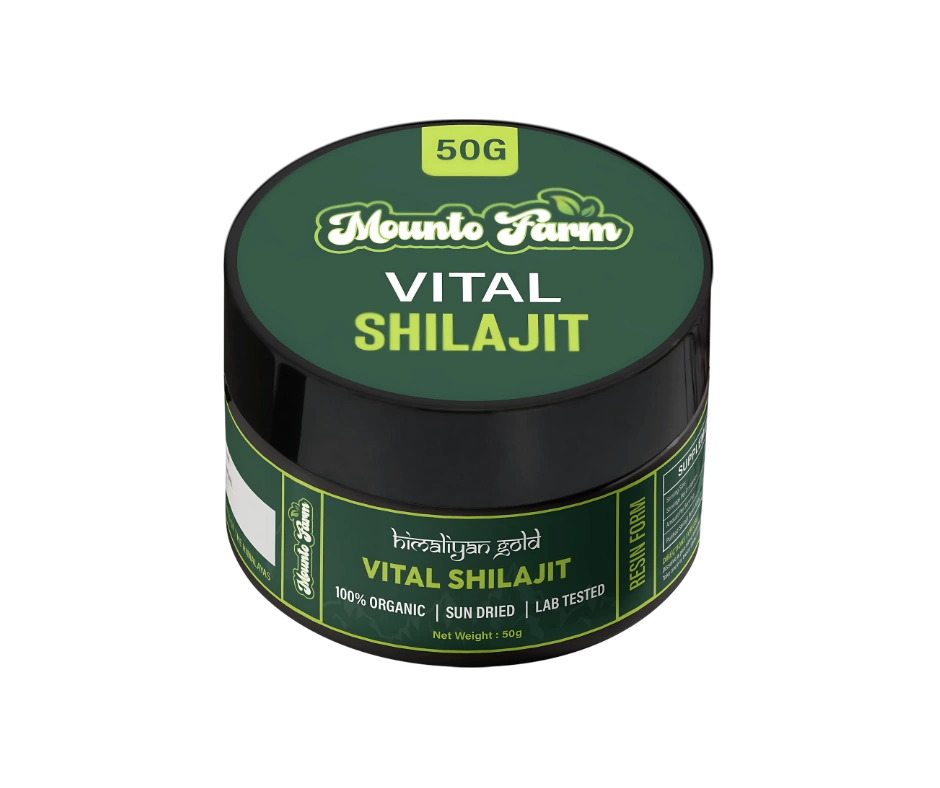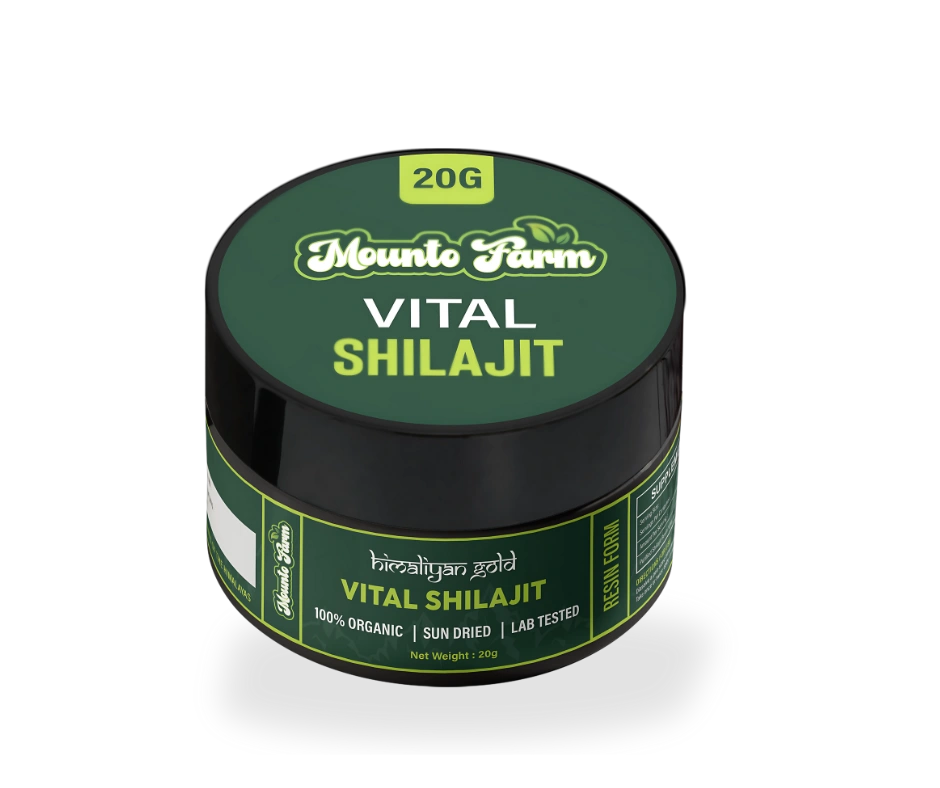
Is Shilajit Safe? What You Need to Know Before You Try It
- Habib Ullah
- June 15, 2025
- 11:01 am
- No Comments
Shilajit is getting attention across the globe as a natural supplement that boosts energy, focus, and overall wellness. But before adding it to your daily routine, one important question comes up: Is Shilajit safe?
Let’s clear up the confusion and give you the facts.
What Is Shilajit, and Why Do People Use It?
Shilajit is a dark, tar-like resin that oozes from the rocks of high mountain ranges like the Himalayas. It’s formed over centuries from compressed organic matter and is packed with minerals, fulvic acid, and antioxidants.
Used in Ayurvedic medicine for centuries, Shilajit is now popular for:
-
Boosting physical energy
-
Supporting mental clarity
-
Encouraging hormonal balance
-
Aiding immunity and recovery
But with popularity comes questions—especially about its safety.
Is Shilajit Safe for Daily Use?
When pure and properly sourced, Shilajit is generally considered safe for most healthy adults when taken in recommended amounts.
What Makes It Safe:
-
Natural Origin: It’s a mineral-rich, naturally occurring substance.
-
Traditional Use: Has a long history in herbal medicine.
-
Low Dosage Needed: A small pea-sized portion is enough.
However, the key word here is “pure.” Some low-quality products may contain heavy metals, fillers, or contaminants. That’s why buying Shilajit from trusted sources is essential.
Who Should Be Cautious with Shilajit?
While many people use it without issues, Shilajit may not be right for everyone.
Avoid or consult your doctor if you:
-
Are pregnant or breastfeeding
-
Have gout or high uric acid
-
Are on medication for chronic illness
-
Have iron overload (Shilajit is rich in iron)
Some people may experience minor side effects, especially when taking too much at once. These could include:
-
Upset stomach
-
Mild headaches
-
Increased heart rate
Always start with a small dose to see how your body reacts.
What Are the Risks of Low-Quality or Fake Shilajit?
This is where safety becomes a concern. Shilajit that hasn’t been purified or lab-tested can pose health risks. Here’s why:
-
Heavy Metal Contamination: Some raw Shilajit contains unsafe levels of lead, arsenic, or mercury.
-
Adulteration: Some products are mixed with fillers, preservatives, or synthetic ingredients.
-
Poor Packaging: Exposure to moisture or heat can spoil Shilajit over time.
To stay safe, only purchase lab-tested, resin-form Shilajit from verified suppliers. Look for brands that share their testing reports openly.
How to Use Shilajit Safely
Here are some tips for using Shilajit the right way:
-
Start Small: Begin with 300–500 mg (a pea-sized amount).
-
Mix It Right: Dissolve in warm water, tea, or milk.
-
Stay Consistent: Use daily or every other day as needed.
-
Store Properly: Keep in a cool, dry place with the lid tightly sealed.
If you’re new to supplements or have health concerns, it’s always smart to speak to a healthcare provider first.
How to Make Sure the Shilajit You’re Buying Is Safe
A few signs of high-quality, safe Shilajit include:
-
It comes in resin form. (Avoid powders and pills unless they show purity reports.)
-
Third-party lab tested for heavy metals and authenticity
-
Sourced from the Himalayas or reputable mountain regions
-
Positive customer reviews from verified buyers
If a product doesn’t clearly share where it’s from or what’s in it—skip it.
Final Thoughts – Is Shilajit Safe to Take?
Yes, Shilajit is safe for most people when it’s pure, tested, and used correctly. It’s a powerful natural supplement, but quality and moderation are everything.
If you’re looking for a natural way to support energy, focus, and wellness, Shilajit can be a helpful addition—just make sure you’re getting the real deal.
✅ Choose Purity. Choose Confidence.
Buy from trusted suppliers who offer Himalayan Shilajit resin backed by lab testing and real results.
Latest Blog
Natural Himalayan Shilajit: Why This Ancient Resin Still Matters Today
Pure Shilajit UK: Is This the Secret Super Supplement Brits Are Raving About?
Our Products
50g – MountoFarm Pure Himalayan…
Mountofarm Vital Himalayan Shilajit – 100% Pure & Natural Mountofarm Vital Shilajit is a pure...
You save
20g – MountoFarm Pure Himalayan…
Mountofarm Vital Himalayan Shilajit – 100% Pure & Natural Mountofarm Vital Shilajit is a pure...
You save


